Relación entre hábitos lectores y vocabulario en maestros de inglés en formación
DOI:
https://doi.org/10.24310/isl.19.1.2024.18089Keywords:
Inglés, maestros en formación, lectura, vocabulario receptivo, vocabulario productivoAbstract
The aim of this piece of research is to analyse the relationship between reading habits and frequency of reading in English, besides the receptive and productive vocabulary of a sample of 86 pre-service English teachers. The sample, students of the Intensive English Itinerary of the Primary Education Degree, completed an ad hoc questionnaire developed to find out their reading habits, as well as the Vocabulary Level Test (Webb et al, 2017) and the Lex30 (Meara & Fitzpatrick, 2000) in order to determine the size of their receptive and productive vocabularies. The results show that the majority of the sample do not have an established foreign language reading habit, they are not regular readers, and their reading is determined by their level of proficiency in English. There are also differences in receptive and productive vocabulary according to the reading habits of the sample and a significant relationship between vocabulary and reading frequency.
Downloads
Metrics
References
Aisyiyah, M. N. & Hakim, M. (2020). Exploring English student teachers’ reading habits and preferences. ELT Echo: The Journal of English Language Teaching in Foreign Language Context, 5, 149-161. https://doi.org/10.24235/eltecho.v5i2.7413
Albay, M. (2017). The benefits of graded reading. International Journal of Social Sciences & Educational Studies, 3(4), 177-180. https://doi.org/10.23918/ijsses.v3i4p177
Álvarez-Álvarez C. & Diego-Mantecón J. M. (2019). ¿Cómo describen, analizan y valoran los futuros maestros su formación lectora? Revista Complutense de Educación, 30(4), 1083-1096. https://doi.org/10.5209/rced.60082
Brown, R., Waring, R. & Donkaewbua, S. (2008). Incidental vocabulary acquisition from reading, reading-whilelistening, and listening to stories. Reading in a Foreign Language, 20, 136–163. http://hdl.handle.net/10125/66816
Caride, J. A., Caballo, M. B. & Gradaílle, R. (2018). Leer en tiempos de ocio: los estudiantes, futuros profesionales de la educación, como sujetos lectores. Ocnos, 17(3), 7-18. https://doi.org/10.18239/ocnos_2018.17.3.1707
Cardona Puello, S. P., Osorio Beleño, A. J., Herrera-Valdez, A. C. & Bedoya Soto, S. I. (2022). La lectura del libro álbum como mediación hacia el desarrollo socioemocional. Folios, 55, 241-262. https://doi.org/10.17227/folios.55-12167
Castillo Rodríguez, C., & Santos Díaz, I. C. (2022). Hábitos y consumos lectores en lengua materna y lengua extranjera del futuro profesorado de Educación Primaria de la Universidad de Málaga. Investigaciones Sobre Lectura, 1(17), 83-110. https://doi.org/10.24310/isl.vi17.14483
Chang, A. (2019). Effects of narrow reading and listening on L2 vocabulary learning: multiple dimensions. Studies in Second Language Acquisition, 41(4), 769-794. https://doi.org/10.1017/S0272263119000032
Cornejo, J. N., Roble, M. B., Barrero, C. & Martín, A. M. (2012). Hábitos de lectura en alumnos universitarios de carreras de ciencia y de tecnología. Revista Eureka sobre Enseñanza y Divulgación de las Ciencias, 9(1), 155-163. https://revistas.uca.es/index.php/eureka/article/view/2758/2406
De la Maya Retamar, G. & López-Pérez, M. (2021). Hábitos lectores y competencia léxica de futuros profesores de inglés en Educación Primaria. Educação & Formação, 6(1), e3504. https://doi.org/10.25053/redufor.v6i1.3504
Díaz-Díaz, M., Echegoyen, Y. & Martín-Ezpeleta, A. (2022). Del lector ideal al mediador competente. Metacognición y hábitos lectores en la formación de docentes. Ocnos. 21(2), 1-15. https://doi.org/10.18239/ocnos_2022.21.2.2967
Elgort, I., & Warren, P. (2014). L2 vocabulary learning from reading: explicit and tacit lexical knowledge and the role of learner and item variables. Language Learning, 64, 365-414. https://doi.org/10.1111/lang.12052
Horst, M., Cobb, T., & Meara, P. (1998). Beyond a clockwork orange: acquiring second language vocabulary through reading. Reading in a Foreign Language, 11, 207-223. http://hdl.handle.net/10125/66953
INE (2022). Encuesta de hábitos y prácticas culturales en España 2021-2022. Ministerio de Cultura y Deporte.
Felipe, A. & Barrios, E. (2016): Futuros docentes ante la lectura: hábitos, experiencias y autopercepciones. In N. Ibarra, J. Ballester & F. Romero (Coords.), Investigación en enseñanza de las lenguas y las literaturas (pp. 53-68). Valencia: Editorial Universitat Politècnica de València. http://hdl.handle.net/10251/61624
Fitzpatrick, T. & Clenton, J. (2010). The challenge of validation: assessing the performance of a test of productive vocabulary. Language Testing, 27(4), 537-554. https://doi.org/10.1177/0265532209354771
Gómez López, A. (2014). Los hábitos lectores en inglés de futuros maestros: Implicaciones didácticas. Investigaciones sobre Lectura, 2, 24-31 http://hdl.handle.net/10481/33863
Grabe, W. (2009). Reading in a second language. New York: Cambridge University.
Granado, C. (2014). Teachers as readers: a study of the reading habits of future teachers. Culture and Education, 26(1), 44-70. https://doi.org/10.1080/11356405.2014.908666
Hatami, S. (2017). The impact of learner-related variables on second language incidental vocabulary acquisition through listening. Vocabulary Learning and Instruction, 6(1), 1-20. https://doi.org/10.7820/vli.v06.1.Hatami
Hernández, M. A., Álvarez, J. S. & Sánchez-Romero, E. I. (2022). Hábito lector en estudiantes universitarios desde la perspectiva de género. Publicaciones, 52(1), 101-119. https://doi.org/10.30827/publicaciones.v52i1.20908
Jiménez-Pérez, E. (2018). La inteligencia emocional como predictor del hábito de lectura y la competencia lectora en estudiantes universitarios. Investigaciones sobre Lectura, 10, 30-54. http://hdl.handle.net/10481/60393
Jodeck-Osses, M., Tapia-Salinas, D., & Puente, A. (2021). Construcción y validación de una Escala de Motivación Lectora para Profesores de Lenguaje y Comunicación (EMLPLC). Ocnos, 20(3), 1-16 https://doi.org/10.18239/ocnos_2021.20.3.2525
Laufer, B. & Ravenhorst-Kalovski, G. G. (2010). Lexical threshold revisited: lexical text coverage, learners’ vocabulary size and reading comprehension. Reading in a Foreign Language, 22(1), 15-30. http://hdl.handle.net/10125/66648
Lee, J. Y. V. & Wong, A. S. C. (2017). The relationship between leisure reading habits, vocabulary and writing of English language learners (ELLs). Language Education in Asia, 8(2), 157-175. http://dx.doi.org/10.5746/LEiA/17/V8/I2/A03/Lee_Wong
López-Pérez, M. & De la Maya Retamar, G. (2023). Reading practices in the network of trainee teachers in Primary Education. Texto Livre, 16, e41886 https://doi.org/10.35699/1983-3652.2023.41886
Lusianah, N. (2017). Reading habit, vocabulary mastery and reading comprehension of secondary school students of Patra Mandiri. The Journal of English Literacy Education,4(2), 132-146. https://doi.org/10.36706/jele.v4i2.5627
Martos, E., Campos, M. & Quiles, M. C. (2015). La lectura en el contexto de las nuevas demandas de la universidad. Las redes temáticas como recurso para la excelencia académica y la participación comunitaria. In E. M. Ramírez, Tendencias de lectura en la universidad (pp. 1-15). México: UNAM.
Meara, P., & Fitzpatrick, T. (2000). Lex30: an improved method of assessing productive vocabulary in an L2. System, 28, 19-30.
Munita, F. (2014). Reading habits of pre-service teachers. Culture and Education, 26(3), 448-475. https://doi.og/10.1080/11356405.2014.965449
Nation, P. (1983). Testing and teaching vocabulary. Guidelines, 5(1), 12-25.
Nation, P. (2001). Learning vocabulary in another language. Cambridge: Cambridge University Press.
Pellicer Sánchez, A. & Schmitt, N. (2010). Incidental vocabulary acquisition from an authentic novel: do things fall apart? Reading in a Foreign Language, 22 (1), 31-55. https://nflrc.hawaii.edu/rfl/item/207
Pérez Parejo, R., Gutiérrez Cabezas, Á., Soto Vázquez, J., Jaraíz Cabanillas, F. J., & Gutiérrez Gallego, J. A. (2019). Reading habits of Extremadura university students (Spain). Statistical approximations. Investigacion Bibliotecnológica, 33(79), 119-147. https://doi.org/10.22201/iibi.24488321xe.2019.79.57980
Pigada, M., & Schmitt, N. (2006). Vocabulary acquisition from extensive reading: a case study. Reading in a Foreign Language, 18(1) 1-28.
https://scholarspace.manoa.hawaii.edu/bitstream/10125/66611/1/18_1_10125_66611_pigada.pdf
Maya Retamar, G., López-Pérez, M. & Fernández-Portero, I. (2024). Relationship between reading habits and vocabulary in pre-service English teachers. Investigaciones Sobre Lectura, 19(1), 70-94.
Ramos, G., Chiva, I., & Gómez, M. B. (2017). Las competencias básicas en la nueva generación de estudiantes universitarios: una experiencia de Innovación. REDU. Revista de Docencia Universitaria, 15(1), 37-55. https://doi.org/10.4995/redu.2017.5909
Santos Díaz, I. C. (2017). Incidencia de la lectura en el vocabulario en lengua materna y extranjera. Ocnos, , 16(1), 79- 88. https://doi.org/10.18239/ocnos_2017.16.1.1151
Santos Díaz, I. C., Juárez Calvillo, M. & Trigo Ibáñez, E. (2021). Motivación por la lectura de los futuros docentes. Educação & Formação, 6(1), e3535. https://doi.org/10.25053/redufor.v6i1.3535
Teng, F. (2018). Incidental vocabulary acquisition from reading-only and reading-while-listening: A multidimensional approach. Innovation in Language Learning and Teaching, 12(3), 274-288. https://doi.org/10.1080/17501229.2016.1203328
Vera Valencia, S. (2017). Reading motivation and reading habits of future teachers. Investigaciones sobre Lectura, 7, 85-96. https://doi.org/10.37132/isl.v0i7.182
Vidal, K. (2011). A comparison of the effects of reading and listening on incidental vocabulary acquisition. Language Learning, 61, 219–258. https://doi.org/10.1111/j.1467-9922.2010.00593.x
Wijayanti, E., Mujiyanto, Y. & Pratama, H. (2022). The Influence of the teachers' reading habit on their teaching practice: a narrative inquiry. English Education Journal, 12(2), 205-214. https://doi.org/10.15294/eej.v12i2.56256
Webb, S. & Nation, P. How vocabulary is learned. Oxford: Oxford University.
Webb, S., Sasao, Y., & Ballance, O. (2017). The updated Vocabulary Levels Test. ITL - International Journal of Applied Linguistics, 168(1), 33-69. https://doi.org/10.1075/itl.168.1.02web
Yubero, S., & Larrañaga, E. (2015). Reading and university: study of reading habits of Spanish and Portuguese university students. El Profesional de la Información, 24(6), 717-723. https://doi.org/10.3145/epi.2015.nov.03
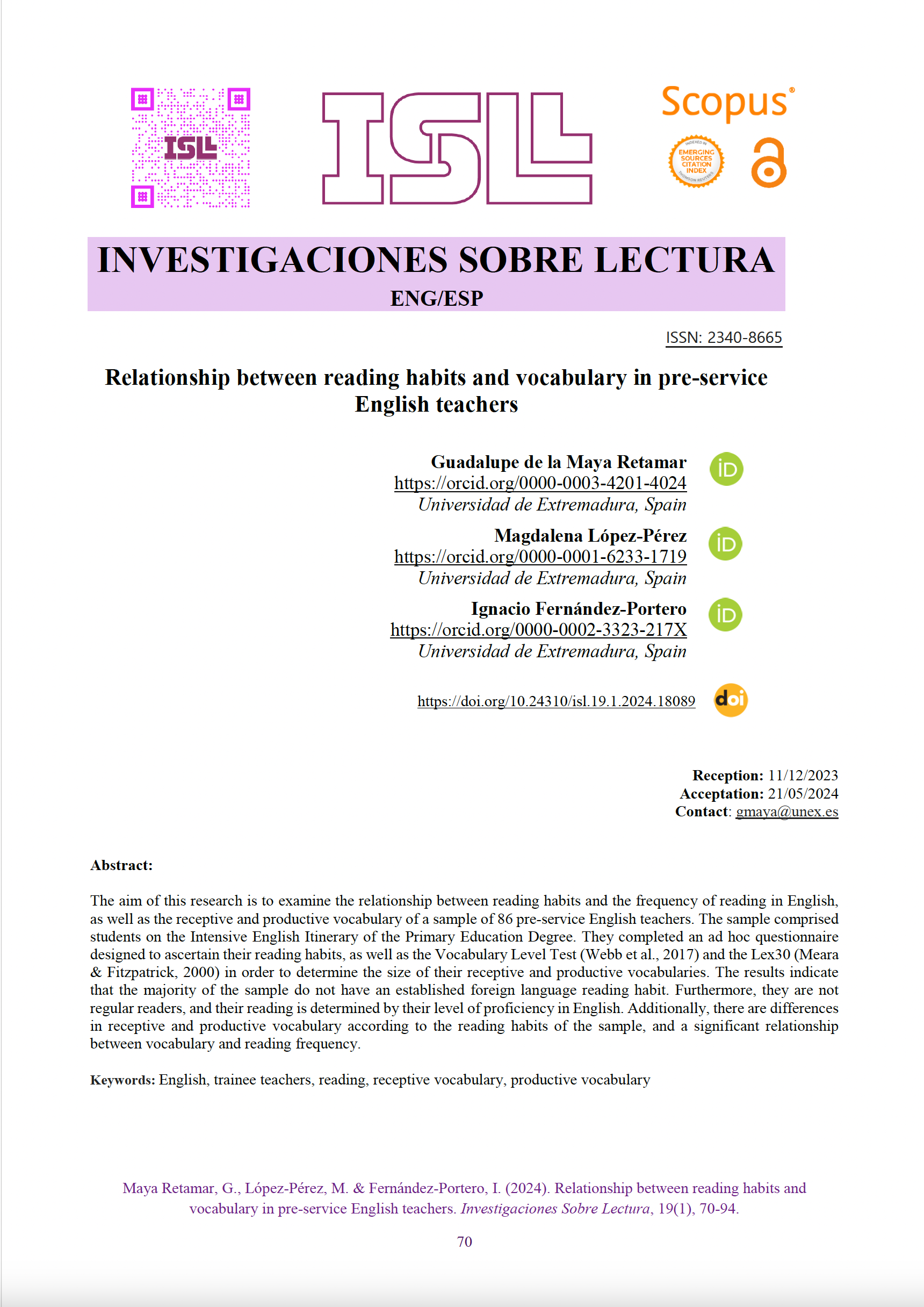
Downloads
Published
How to Cite
Issue
Section
License
Copyright (c) 2024 Guadalupe de la Maya Retamar

This work is licensed under a Creative Commons Attribution-NonCommercial-ShareAlike 4.0 International License.
All contents published in Investigaciones sobre Lectura are protected under the Creative Commons Attribution-NonCommercial-ShareAlike 4.0 International (CC BY-NC-SA 4.0) license. All about this license is available in the following link: <http://creativecommons.org/licenses/by-nc-sa/4.0>
Users can copy, use, redistribute, share and exhibit publicly as long as:
- The original source and authorship of the material are cited (Journal, Publisher and URL of the work).
- It is not used for comercial purposes.
- The existence of the license and its especifications are mentioned.
There are two sets of authors’ rights: moral and property rights. Moral rights are perpetual prerogatives, unrenounceable, not-transferable, unalienable, imprescriptible and inembargable. According to authors’ rights legislation, Investigaciones sobre Lectura recognizes and respects authors moral rights, as well as the ownership of property rights, which will be transferred to University of Malaga in open access. The property rights are referred to the benefits that are gained by the use or the dissemination of works. Investigaciones sobre Lectura is published in an open access form and it is exclusively licenced by any means for doing or authorising distribution, dissemination, reproduction, , adaptation, translation or arrangement of works.
Authors are responsable for obtaining the necessary permission to use copyrighted images.

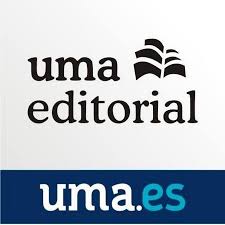
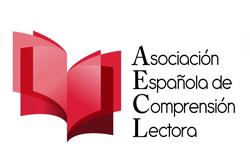
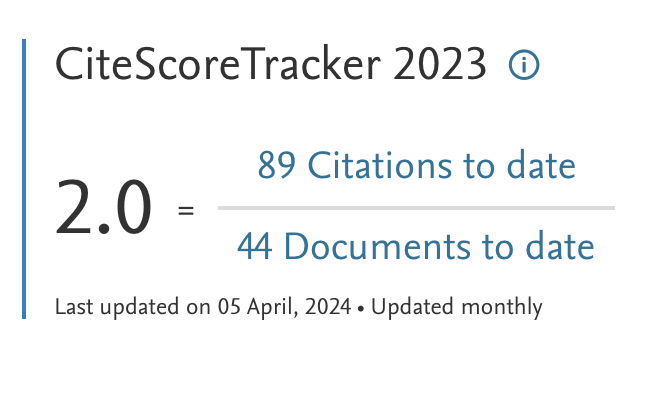
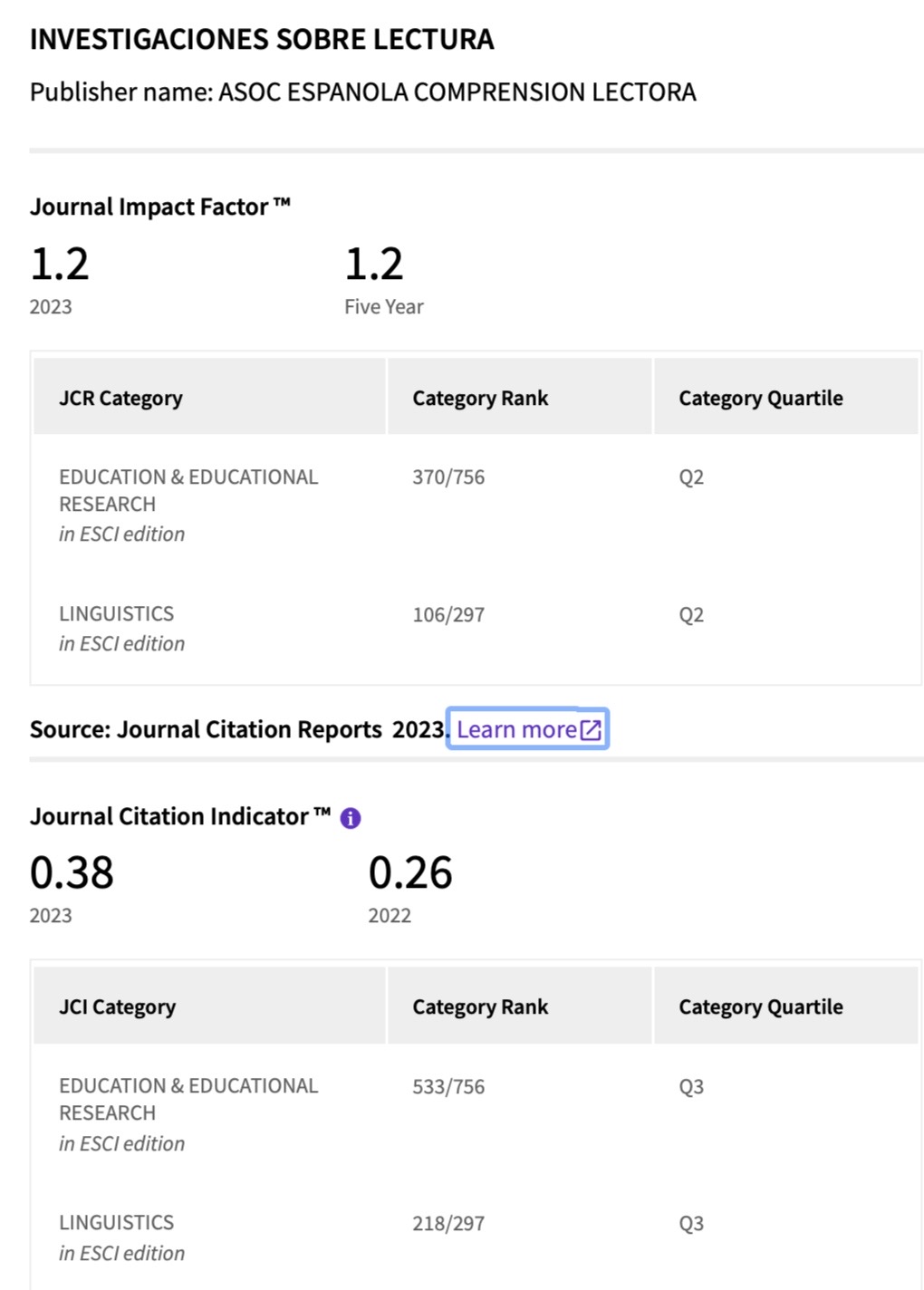
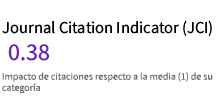
31.png)









